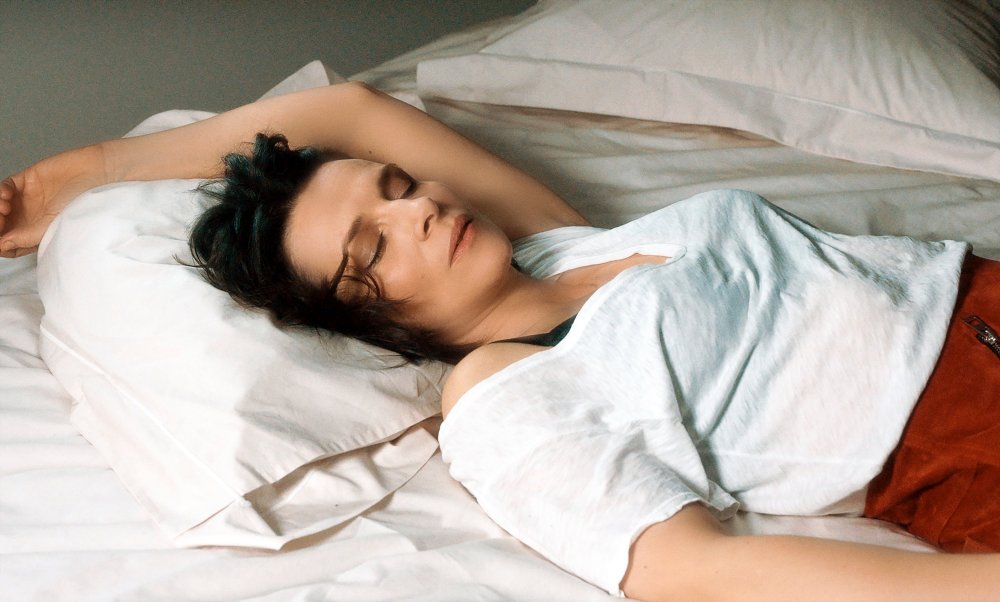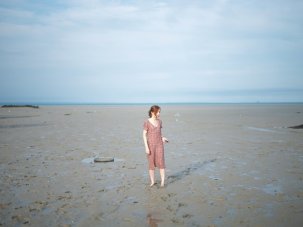In Claire Denis’s Let the Sunshine In the romantic travails of a middle-aged woman back on the trail of true love after divorce are told fragmentally with an emphasis on love’s destabilising effects.
France 2017
94 mins
Cast
Isabelle Juliette Binoche
Vincent Xavier Beauvois
Alex Descas
Gérard Depardieu
Josiane Balasko
Nicolas Duvauchelle
Philippe Katerine
Original French title Un beau soleil intérior
UK premiere Friday 13 and Saturday 14 October at the London Film Festival
Juliette Binoche plays Isabelle (a joking nod to a colleague perhaps?), a painter, who reacts to situations in ways that keep both her and the audience on the back foot. She talks the talk of being a slave to her emotions yet seems calm when men are behaving at their worst. She quietly upbraids a banker boyfriend (Xavier Beauvois) who’s being unspeakably arrogant to a barman. This lover, we learn, inspires her to orgasm only when she’s thinking how much she detests him. A melancholy young actor (Nicolas Duvauchelle) she meets would make anyone infuriated with his inability to take decisions, but she goads him into her bed anyway.
Yet Isabelle is also highly suggestible. Her jealous gallerist advisor Fabrice (Bruno Podalydès) successfully undermines her blooming relationship with a hooded-eyed working-class man she meets in a bar, and at the end of the film Gerard Depardieu turns up as fortune teller who, fortune would have it, has just dumped Valéria Bruni-Tedeschi before he embarks on a ‘reading’ of Isabelle that is plainly intended to guide her towards him.
As you’ll have guessed by now, the whole set of rituals is terribly French and meant to act as a kaleidoscope of viewpoints on the topos of romantic fiction, some drawn from the observations Roland Barthes made in A Lover’s Discourse, especially those that focus on how being in love makes the banality of the here and now seem so charged.
In that sense Binoche is not playing any particular woman, but a variety of typical responses to the circumstances she encounters. In what is perhaps the most stylistically pared-down of Denis’s films, the camera, fixed mostly on Isabelle and the Other, sometimes half-circles around Binoche, who’s decked out in jet-black tousled hair, neat red leather jacket and spike-heeled thigh-high boots – a trifle tacky, for sure, but again a nailing of an archetype. Her performance is mostly, wonderfully low-key, giving us precisely enough so we don’t miss the shifting of her enigmatic personality from scene to scene.
-
BFI London Film Festival 2017 – all our coverage

Follow all our coverage of the 61st London Film Festival, including reviews of the top films, interviews with their makers and blog posts from our...
-
The Digital Edition and Archive quick link
Log in here to your digital edition and archive subscription, take a look at the packages on offer and buy a subscription.









